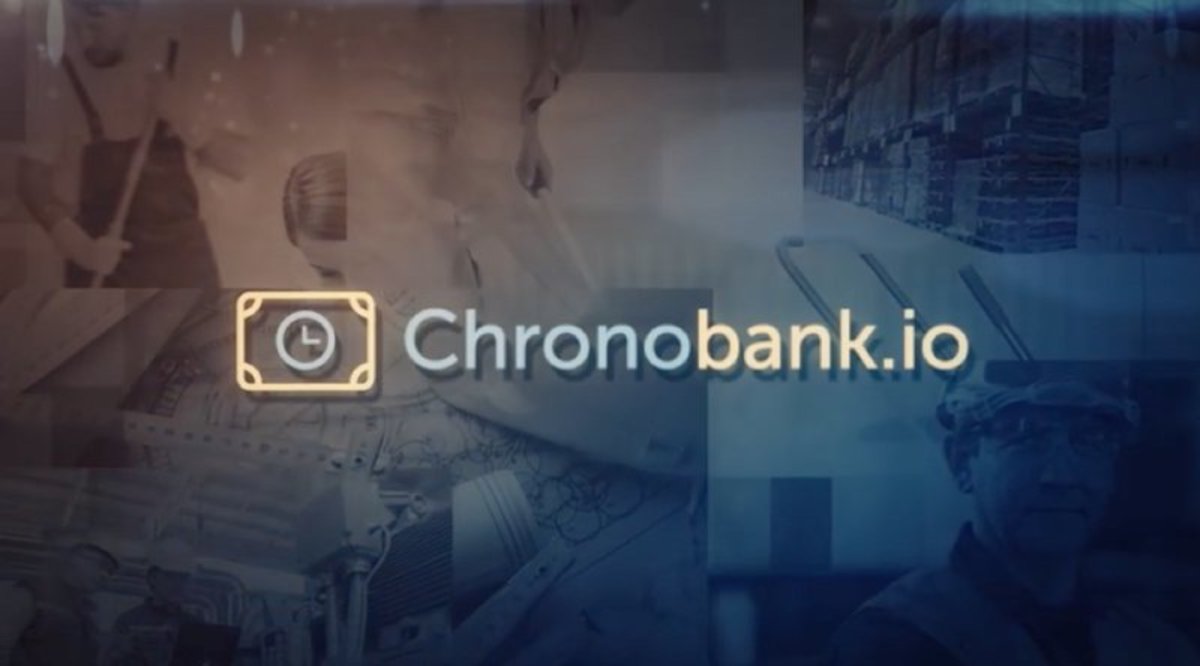
ChronoBank is an up-and-coming company that seeks to disrupt the recruitment sector just as Uber and Lyft have disrupted and reinvented the ride-for-hire business.
ChronoBank wants to decentralize and disintermediate recruitment by creating a P2P marketplace connecting employers with freelancers. “[We] want to create a revolution in short-term recruitment within key professions,” states the company’s website. “Our goal is to make a difference to the way people find work and are rewarded for their labour — doing so within a decentralized framework and without the involvement of traditional financial institutions.”
“We are trying to streamline [the] employment process everywhere, making short-term, fair-paying engagements more attractive than long-term tenures,” Sergei Sergienko, founder and CEO of ChronoBank, told Bitcoin Magazine.
“At ChronoBank, we believe in fairness, where every person can transact in the value that they themselves can generate, not just transact in fiat currency that’s issued by a central authority.”
The ChronoBank concept features a new digital token: the Labour-Hour (LH), which will trade freely on the open market and will be the native unit of currency that companies use to purchase labor from professionals on the ChronoBank exchange. The company expects LH to also become, with time, “an inflation-proof asset that will be attractive to long-term investors and traders wanting to park funds overnight.”
“We believe that the most valuable thing in this world is time; therefore, we are basing a currency on it,” said Sergienko. “People’s work time and skills are abundant enough to be accessible to anyone, yet scarce enough to be valuable.”
ChronoBank has now integrated the Changelly app within its main wallet software. Changelly, developed by the MinerGate team, is an instant exchange app that aggregates rates from external exchanges and offers the best rate to the user, who is then able to easily and quickly exchange digital currencies without technical hassles. At this moment, Changelly permits trading in bitcoin, ether, Zcash and several other altcoins.
“The ability to trade these LH tokens quickly, easily and without slippage against other national and virtual currencies is vital to the smooth operation of ChronoBank and confidence in our platform,” said Sergienko. “That is why we are working to ensure they are listed on a wide range of exchanges. Moreover, we are implementing Changelly right within the core ChronoBank wallet. That will make it incredibly easy for users to exchange LH for bitcoin and other major cryptocurrencies with practically zero delay.”
In a statement, Sergienko explained that Changelly is well established and trusted in the crypto world. “It is a clean, reliable interface that we will integrate directly into the ChronoWallet to give our users another choice for trading — in this case, one that’s all about speed and convenience,” he said. The integration of Changelly will allow anyone to buy LH tokens quickly using a variety of payment options, including bitcoin and MasterCard/Visa credit cards. They can then use the tokens to buy services on ChronoBank’s exchange.
The concept of using skilled work time as currency is not new. For example, Ithaca HOURS, a local currency used in Ithaca, New York, since 1991, is the oldest and largest local currency system operating in the U.S. at this time. One Ithaca HOUR, valued at $10, is recommended to be used as payment for one hour's work, although the rate is negotiable. Ithaca HOURS are printed tokens meant for local use, and there is no standard mechanism to convert Ithaca HOURS to dollars. Therefore, the usage of Ithaca HOURS has been declining in the last few years, and the concept doesn’t seem easily extensible to current trends toward digital, global “gig economies,” of which Uber is the best-known example.
The ChronoBank concept seems to improve upon Ithaca HOURS on several fronts: a digital token that can be converted to digital or fiat currencies, delocalization, decentralization and app-based ease of use. Therefore, it’s worth keeping ChronoBank under close observation and watching its next moves. The ChronoBank Initial Coin Offering (ICO), which has raised more than $3 million to date, is ongoing until February 14.










